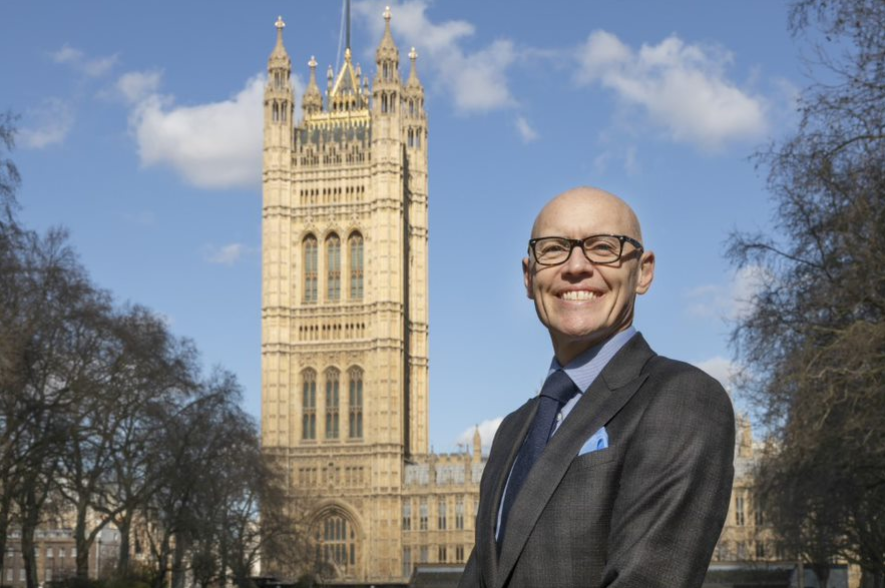
Speaking in the aftermath of today’s (23 September) Growth Plan announcement from new chancellor Kwasi Kwarteng, Marco Forgione, director general of the Institute of Export and International Trade (IOE&IT), was positive on the new direction:
“We largely welcome the fiscal plans set out by the Chancellor today, which have particular benefit for our business members in relation to the Energy Bill Relief Scheme. The cuts to energy bills for UK businesses are lifejackets to our members in what is undoubtedly a stormy period.”
But Forgione added that the chancellor had missed some opportunities to help UK businesses, including:
- Focused help to drive UK exports, the only way we are really going to get the UK economy growing sustainably
- Support for the high street with action on business rates
- Setting up a cross Government MSME Task Force focused on nurturing UK entrepreneurs
“The offer of VAT free shopping for overseas visitors will help UK retailers, but businesses also need help with VAT and business rates. We continue to call for the government to establish a task force to support MSMEs with their particular challenges, and to include them in the assessment of vulnerable businesses which will have continued support after the winter,” he added.
“We congratulate the Chancellor on reversing National Insurance increases, which will support economic growth. And we agree that there is an urgent need to stimulate growth and investment in the UK.
“At the Institute, we have recognized this and recently launched a Foreign Direct Investment Centre of Excellence to support this agenda. Improving the efficiency of trade, through progressive innovation, such as digital trade corridors, can only serve to boost economic growth further. Utilising the UK’s strengths, acknowledged by the Chancellor, in finance, life sciences and technology, will be vital for negotiations on future Free Trade Agreements.
“Finally, we are encouraged by the announcement of the planned 38 investment zones in England. We have already seen this model work well in freeports and the Institute wrote to the Prime Minister whilst she was running her leadership campaign to ask her to 'encourage the continued development of freeports and the wider use of trade facilitations and digital trade corridors to link nations and industry sectors'.
“We are therefore very pleased with this outcome and look forward to the positive effects of these investment zones. This is a key step forward for levelling-up and we urge the government to look closely at linking regional skills agendas with the designated areas.
Forgione concluded that, “Breaking down ‘barriers to enterprise’ will mean, by necessity, breaking down barriers to trade. We look forward to working with the government constructively on this in the future.”



